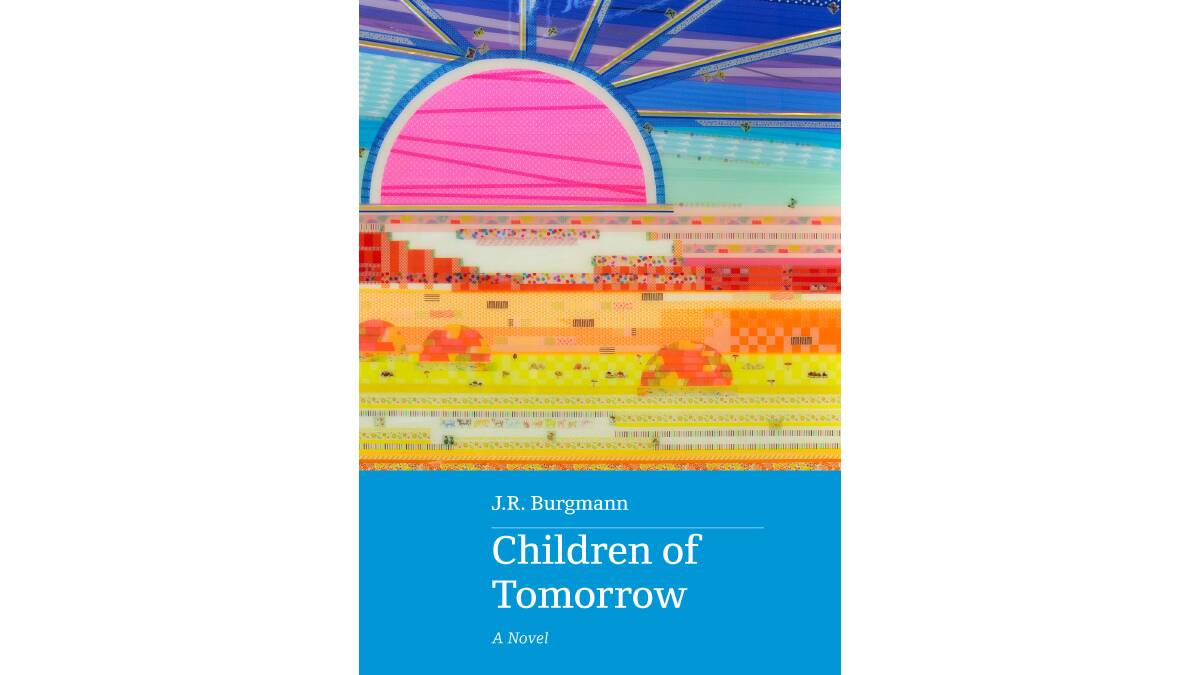Writing & News
- Children of Tomorrow by J.R. Burgmann. Upswell. 256pp. $29.99. Review by Jasper Lindell.
The 21st century is when it all goes wrong. All the sins since the Industrial Revolution manifest in calamity and collapse. The planet is on track to overshoot, missing deadlines by which some of the disaster could be averted. Yet people go on living, if they’re lucky, and loving through this all-encompassing catastrophe.
This is the backdrop for Melbourne writer J.R. Burgmann’s ambitious and moving novel, a family saga that sprawls across the first century of this millennium as the world as we know it collapses.
Evie and Arne meet in the early decades of the century, close to our present, Together, they watch things unravel, moved across the globe and buffeted by bouts of despair. Evie’s cousin, Wally Weatherall, also Arne’s closest friend, is working on a project called the Chronicle, a kind of multimedia glass bead game of climate catastrophe. (Did you catch the last name?) Meanwhile, Freddie belongs to a faction that, as things become worse, wants to take matters into their own hands.

Evie and Arne’s children belong to a generation angry their parents and grandparents did not do enough to stop what was coming. The generation that comes after knows nothing different.
Burgmann’s novel has a fast-building sense of dread not because there is some armageddon day after which everything is different, but because the list of what is lost piles up as the decades pass. Burgmann tapes into the idea of geological time collapsing into a human lifetime, which is frightening if thought about for more than a minute or two. There is a sadness as a result that permeates Burgmann’s 21st century, which hovers behind the hopeful moments.
In parts, Children of Tomorrow becomes a little drunk on the sound of language. “In the vacuum of space, this little blue marble, streaked once with all the greens creatable, proceeds along its primordial ellipsis, going nowhere but deeper into the spiralling future, revolution by revolution, year by precious year,” Burgmann writes. There are passages of this kind where it seems Burgmann is throwing words at the indescribable vastness of the climate problem, seeing what will stick.
There is a hopeful note at the end of this sensibly pessimistic novel, too. But its impact lies in the warning of what the world would first become – what it would do to each of us, our families and those who have not yet been born – without radical action now.